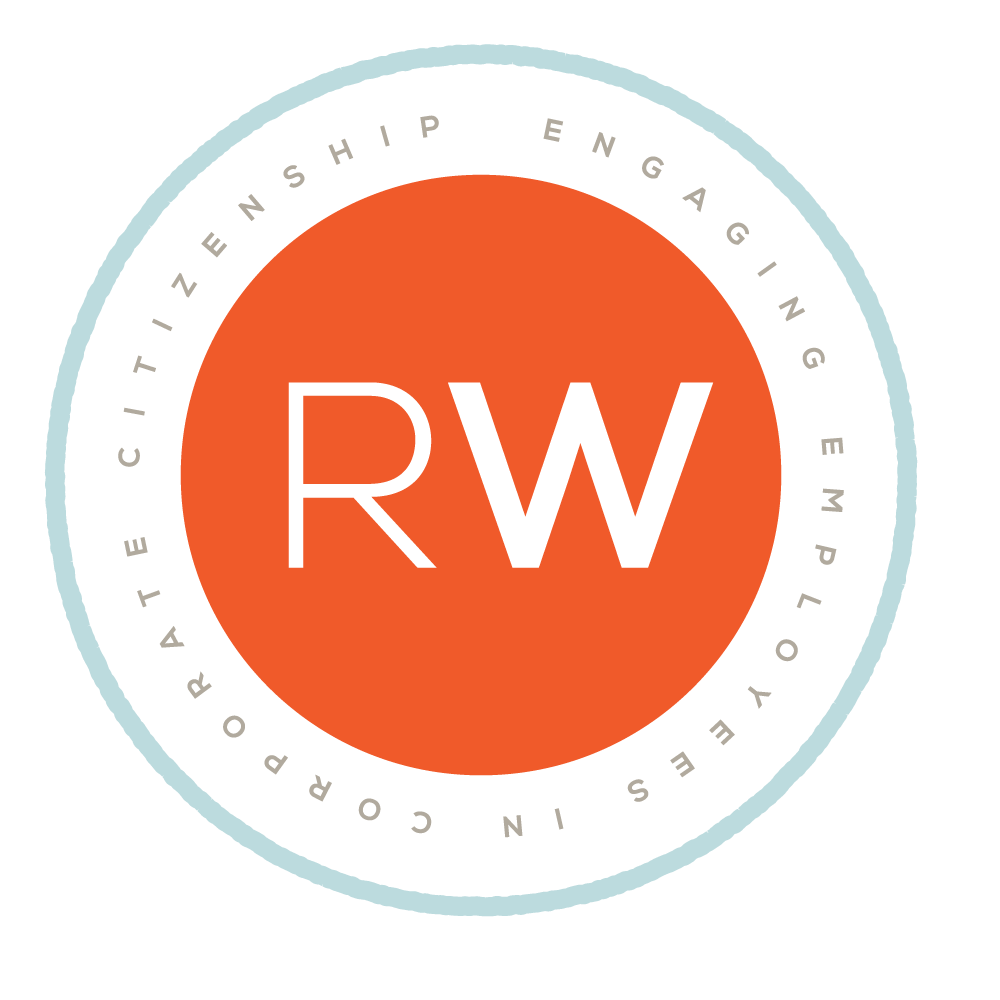Corporate Social Responsibility: Customers Buy It, Employees Sell It
Customers now expect your business to be socially responsible, but the customer isn't the starting point for these programs - your employees are. So says Carol Cone of Edelman....
Customers now expect your business to be socially responsible, but the customer isn't the starting point for these programs - your employees are. So says Carol Cone of Edelman....
For the past four years, Edelman, a leading global PR firm, has published the Edelman goodpurpose® Study. This year, the study landed with quite a splash - and it was due in no small part to Carol Cone’s much quoted sound-bite:
“Cause-related marketing, as we know it, is dead.”
But we’ll come back to that....
The New Normal
First, some context: The findings of the Edelman study indicate that issues such as social responsibility, sustainability, cause marketing and employee engagement are steadily increasing in importance for corporations. The new normal has arrived.
“Nearly two-thirds of consumers feel that it is no longer enough for corporations to simply give money away to good causes, they need to integrate them into their day-to-day business”
Here’s what I want to know: what does that mean for the bottom line? “Our study shows that social purpose is still of deep interest to the public and expectations of company and brand involvement remains unwavering. In fact, seven in 10 consumers around the world say that during a recession they would remain loyal to a brand if it supports a good cause.”
Wait a minute, isn’t “remaining loyal” in this way just...philanthropy?
Nope.
The Citizen Consumer
“Nearly two-thirds of consumers feel that it is no longer enough for corporations to simply give money away to good causes, they need to integrate them into their day-to-day business”. Which brings us back to Carol Cone’s choice quote: “Cause-related marketing as we know it, is dead. It is no longer enough to slap a ribbon on a product. Americans seek deeper involvement in social issues and expect brands and companies to provide various means of engagement…we call this the rise of the ‘citizen consumer.’”
So...does this mean that when companies find a meaningful cause, integrate it into their core business offerings and then become transparent about these efforts “citizen consumers” will knock down the doors to buy their stuff?
When I posed that very question to Carol Cone, she admitted there is precious little evidence to demonstrate behavioral change around purchasing. Point being: the study covers intentions and attitudes. It does not monitor actual purchase decisions.
The Truth About CSR
I should probably admit something at this point...my question to Ms.Cone was probably dumb. Here’s why:
Corporate social responsibility is not a short-term marketing scheme to sell more socks. That would be a complete misunderstanding of CSR. When a paradigm shifts we often try to take what we know and apply it to the new reality. That’s normal....but it doesn’t work.
CSR is not about marketing products and services. Rather, it’s about building relationships between brands and consumers based on the very qualities that make relationships good or bad in our personal lives. CSR is about trust, authenticity, good behavior and social norms. Carol’s assessment that “cause-related marketing is dead” communicates a clear understanding of this new reality. The citizen consumer is a partner with the corporation with both working towards a shared goal - namely, a healthy and whole people and planet. The means for this cooperation to work is by everyone getting what they personally need out of the arrangement. Business makes money and consumers have access to products and services that offer solutions to every day dilemmas.
So, I guess companies with stellar CSR programs will automatically be more successful than other companies right?
Ehh....not necesarily.
To continue reading click here:
________________________________________________________________
RealizedWorth works with companies to design and implement outstanding Employee Volunteer Programs with a sustainable approach that enables the leadership and influence of the employees themselves. This approach elevates employee volunteering from a task-oriented activity to a transformative experience creating essential value for the company, the employees and the community.

